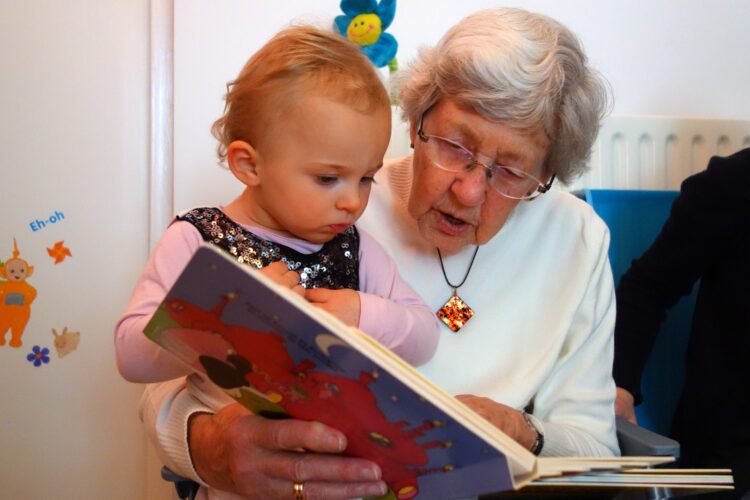Medical problems (strokes and other causes of damage to the brain) can shut down a person’s ability to speak and write. If a family member or friend has lost the ability to speak and write, what’s to be done?
Consider the position of this daughter (we’ll call her Nancy) whose mother has had a stroke:
“Mom read to me when I was a child. We talked about everything. Moms had a stroke. She can’t speak, and can’t write. I can’t tell what Mom is thinking, but I know she’s frustrated. I hate seeing her like this.”
What should Nancy do?
The first thing for Nancy to do is to get help. She should contact the doctor, and request that an evaluation be done by a qualified speech-language pathologist (a therapist, professional trained in helping people get back language skills and learn other ways to communicate). In most cases, Medicare or other insurance will pay for the evaluation and some amount of therapy.
Nancy should be present for the evaluation, if at all possible. The evaluation will help determine what therapy is available and advisable, and help to develop a plan and schedule. Nancy can be an advocate for her Mom. She will be able to share her observations concerning her Mom. She should ask the therapist about using specific testing to learn which areas of the brain have been impacted, and what treatments are possible.
Nancy can also work with the therapist to:
- Find a way for her Mom to communicate “yes” and “no” answers.
- Check that her Moms answers show true understanding on her part.
- Find new ways to send and receive messages (drawings, pointing and other gestures, picture cards, communication boards, computer systems, etc.).
- Learn ways that Nancy and others can work with her Mom, independent of the therapist.
When speaking to her Mom, Nancy needs to make sure that her Mom understands Nancy’s message. The stroke may have impacted her Moms ability to recognize or understand the meaning of words. When speaking to her Mom, Nancy should:
- Remove background noise and distractions,
- Move her lips, and keep them visible to her Mom,
- Use a normal voice, and speak slowly and distinctly,
- Use simple words, and use simple questions (where a “yes” or “no” answer will work).




